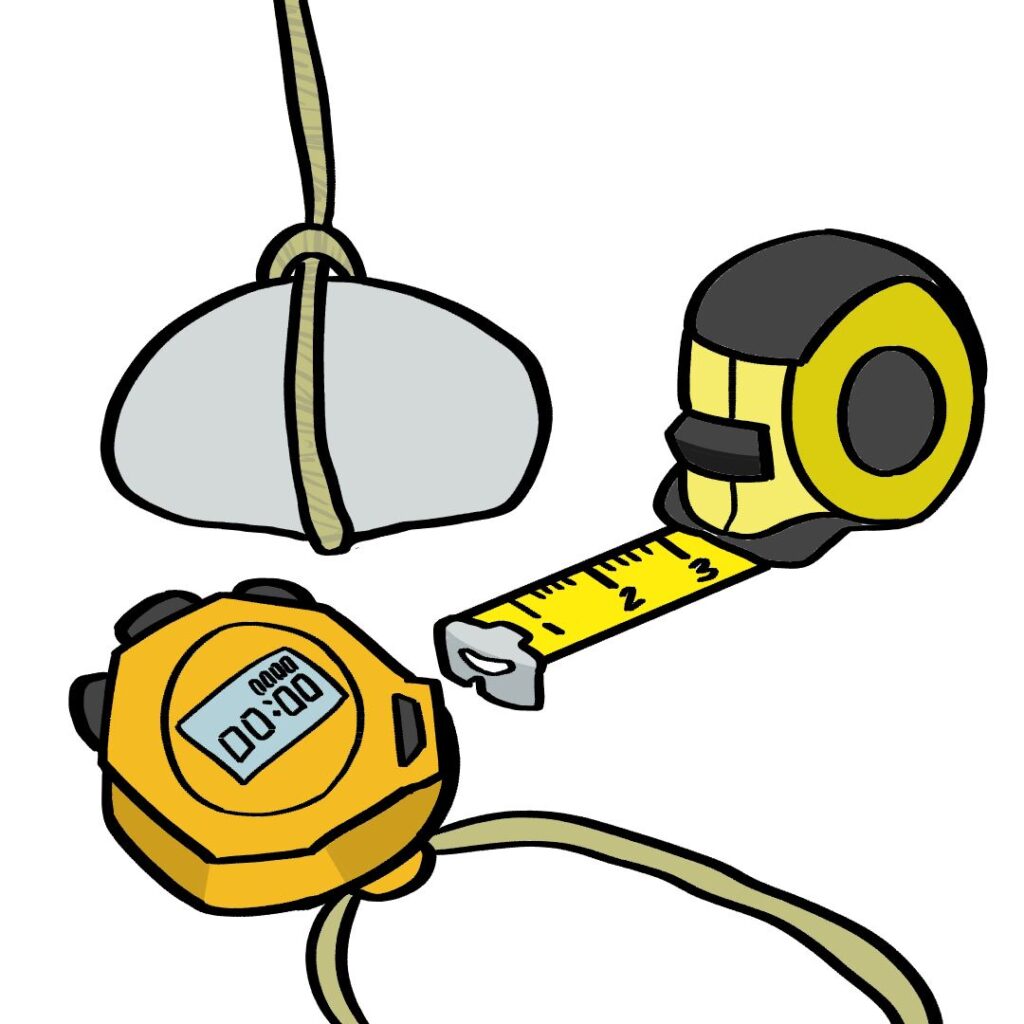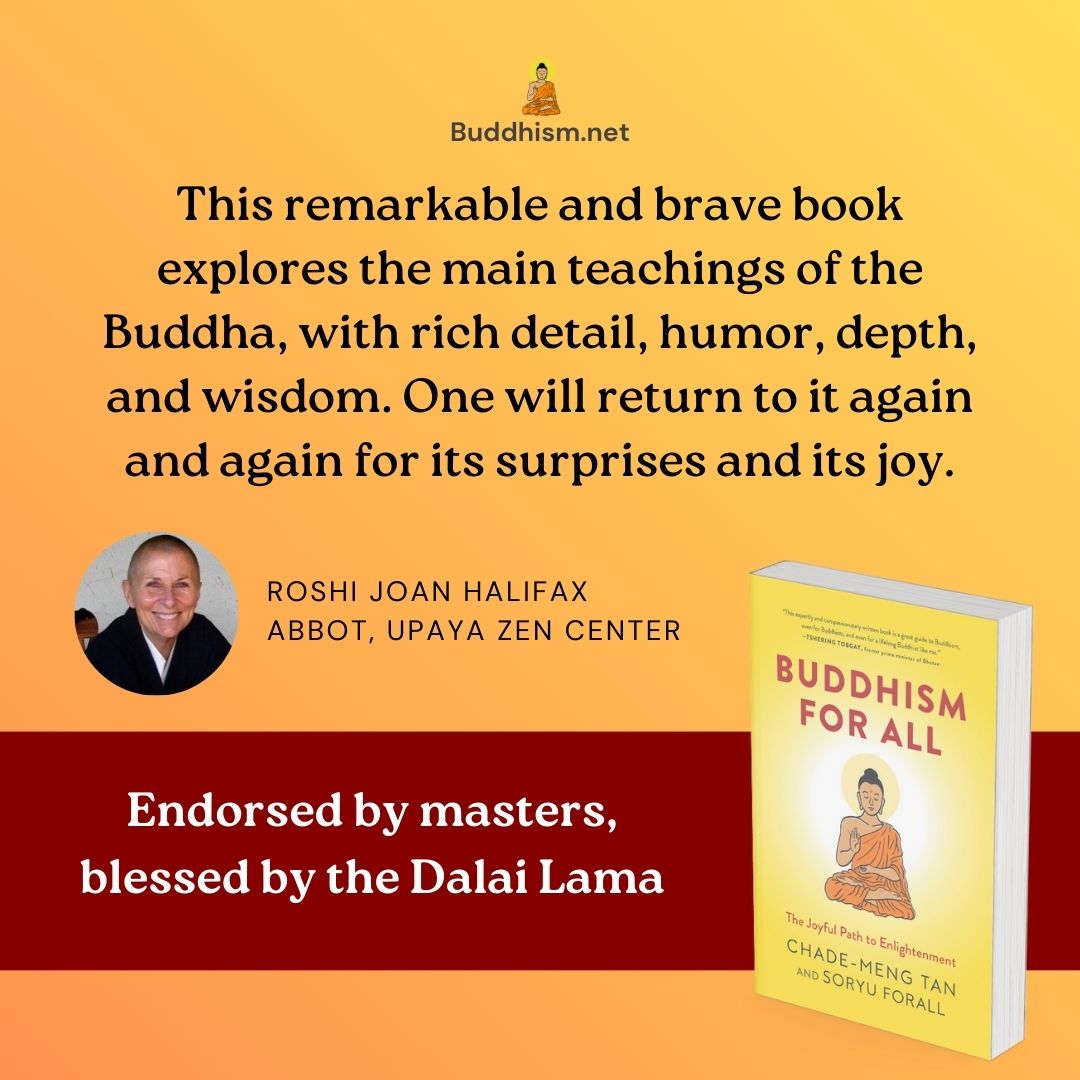
“They say they are here to measure your faith.”
Just because Buddhism is highly empirical does not mean faith has no place in Buddhism. One place faith can play a very important role is when you have not yet acquired the equipment to verify certain claims. For example, to verify some of Newton’s claims regarding mechanics, I need to be equipped with a stopwatch, a measuring tape, and a piece of weight attached to a string. To verify certain claims, even claims that are verifiable here and now, I have to acquire certain equipment.

It goes further. Very often in real life, in order to make actual progress, I have to accept on faith that other people have already verified certain claims, despite not yet being equipped to verify those claims myself. For example, when I did statistics, I plugged numbers into standard statistical formulas to derive correlation coefficients and confidence intervals. The correctness of those formulas was verifiable, but I was not equipped with the mathematical skills to verify them for myself, yet I really needed to write those research papers. What to do? I accepted on faith that people mathematically more qualified than myself have already taken the trouble to verify those formulas, so I could use them to make progress in my own work.
There were three reasons I was able to have faith in those standard statistical formulas. First, I knew that if I really wanted to verify their correctness for myself, there was a path to do so. It involved me picking up certain mathematical skills, and I knew what they were, and I knew it was doable if I put in the right effort. Second, the formulas have a good track record. I have used them myself and countless others have used them for many years, and they have worked really well so far. Third, they came from a highly trusted source, in this case, from a standard college textbook recommended by my professor. For all those reasons, my faith was not blind faith, it was wisely informed faith.
In the same way, on your journey practicing Buddhism, there will be many places where you will find yourself not yet equipped to verify certain claims. For example, the ancient texts claim that when your mind first arrives at perfect calmness, you will experience energetic joy that appears to fill your whole body and mind. But you find yourself unequipped to verify that claim because you are not yet able to arrive at perfect mental calmness. What to do? Fortunately, you will find the same three reasons to have enough faith to make progress.
First, there is a path for you to acquire the equipment you need. In this case, your teacher may show you how to calm the mind by attending to the body and the breath, and how to overcome something called the five hindrances (to be discussed in detail later) that get in the way. Second, there is a good track record. For example, you may find other people who have already reached the same state and verified the claim for themselves; you may also find that you too have experienced the good track record for yourself: with even just a few hours of practice attending to body and breath, your mind is already much calmer and happier. And third, the claim comes from sources you trust: your teacher and, more important, ancient texts quoting the Buddha himself.
This is true also for more advanced Buddhist topics such as karma, rebirth, and nirvana, where it is much harder to collect data. But even for those, data collection is possible with a properly equipped mind. It just takes a lot more training. We will discuss all those topics in this series.
So no, faith and empiricism are not in conflict. In fact, they work best when they work together, and Buddhism shows us how to use each to support the other. Soryu, given his experience as a teacher, goes even further to say that doubt is the thing that makes faith work, in the same way that faith is the thing that makes doubt work. In Buddhism, we celebrate those who doubt because the result of that doubt is investigation, which means they eventually “go beyond learning” and are no longer dependent on even the Buddha for the most important teachings.
Activities
Featured image by Colin Goh. “Science kit” by Natalie Tsang.

